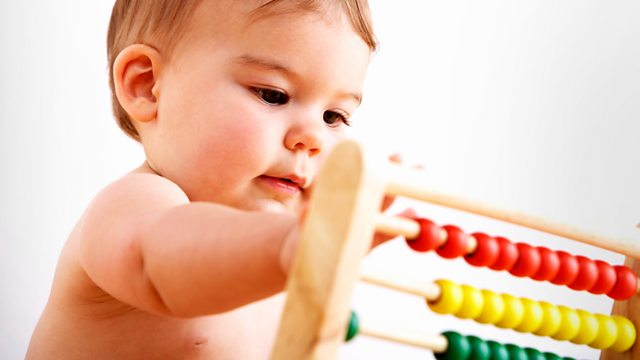Born Equal
Adam Rutherford explores the post-war era, when behavioural genetics fell far from grace and the social not biological sciences reigned supreme in the study of intelligence.
In this the second part of his investigation of the rise, fall and rise of the genetics of intelligence, Adam Rutherford explores an era post World War Two when behavioural genetics fell far from grace. The social not biological sciences reigned supreme in the the study of intelligence and differences between children were attributed to nurture not nature.
Adoption studies were conducted to demonstrate the power of different home or school environments to transform lives.
More recent studies, however, reveal that nurture is not what most of us imagine. Parenting accounts for just a small part of the variation between children's academic performances. The environment in the womb is as important, if not more so, than conditions at home or in the classroom. Not to mention the role of chance.
Last on
More episodes
Previous
Next
See all episodes from Intelligence: Born Smart, Born Equal, Born Different
Clip
-
![]()
The nurture of intelligence begins in the womb
Duration: 00:50
Broadcasts
- Tue 6 May 2014 11:00大象传媒 Radio 4
- Mon 12 May 2014 21:00大象传媒 Radio 4
Podcast
-
![]()
Intelligence: Born Smart, Born Equal, Born Different
Adam Rutherford charts the rise, fall and rise of the genetics of intelligence



